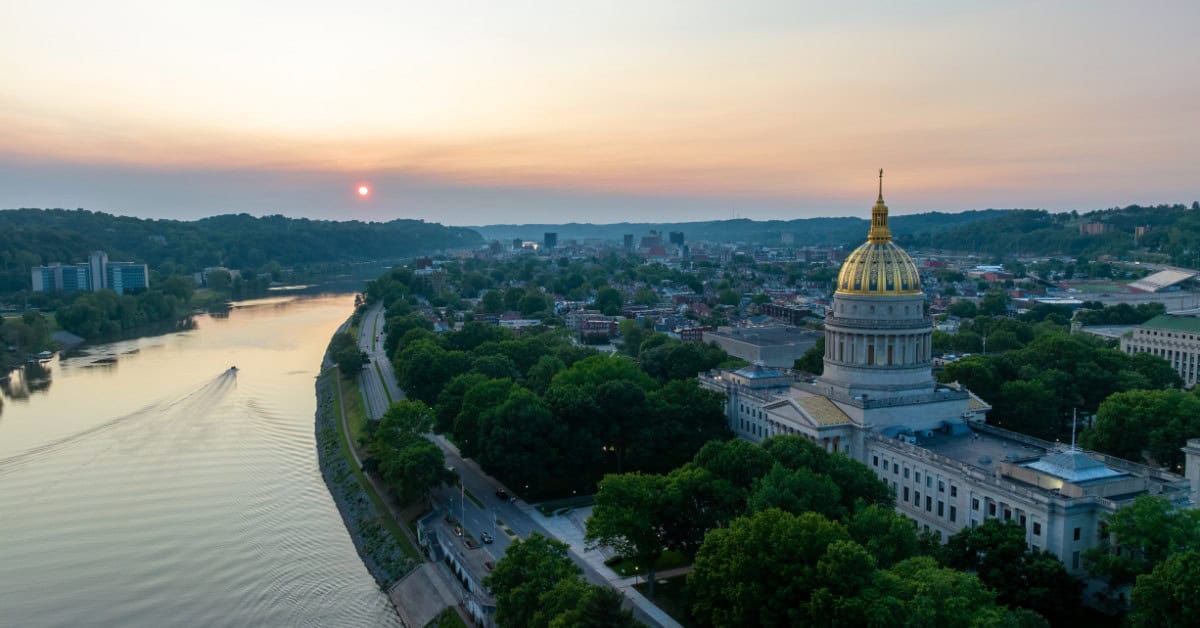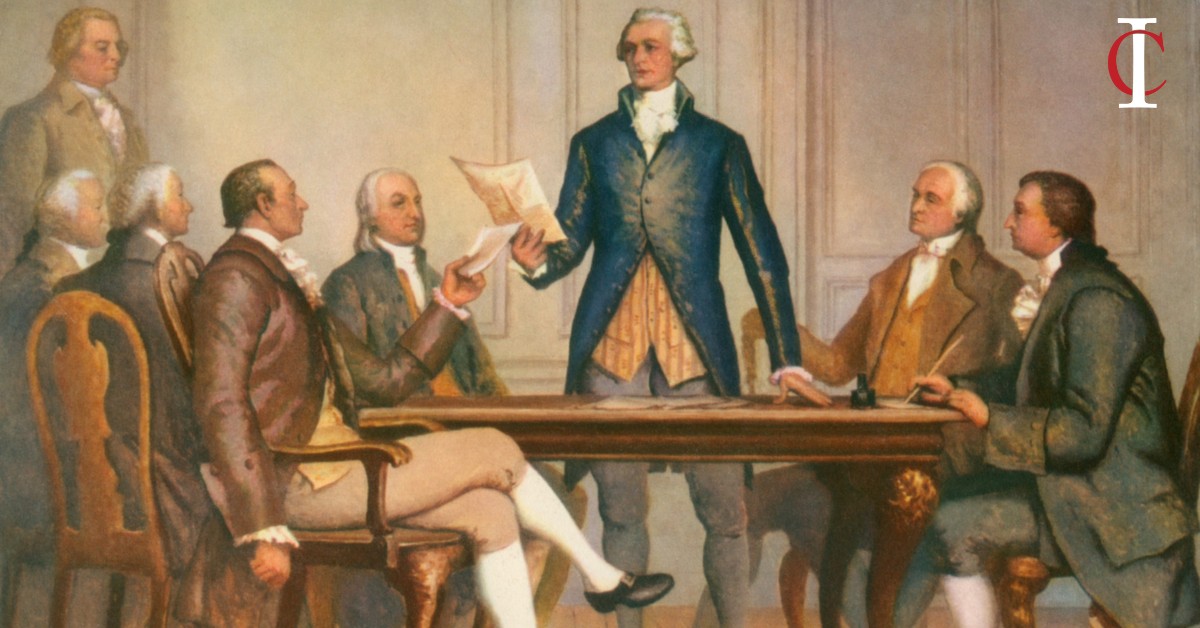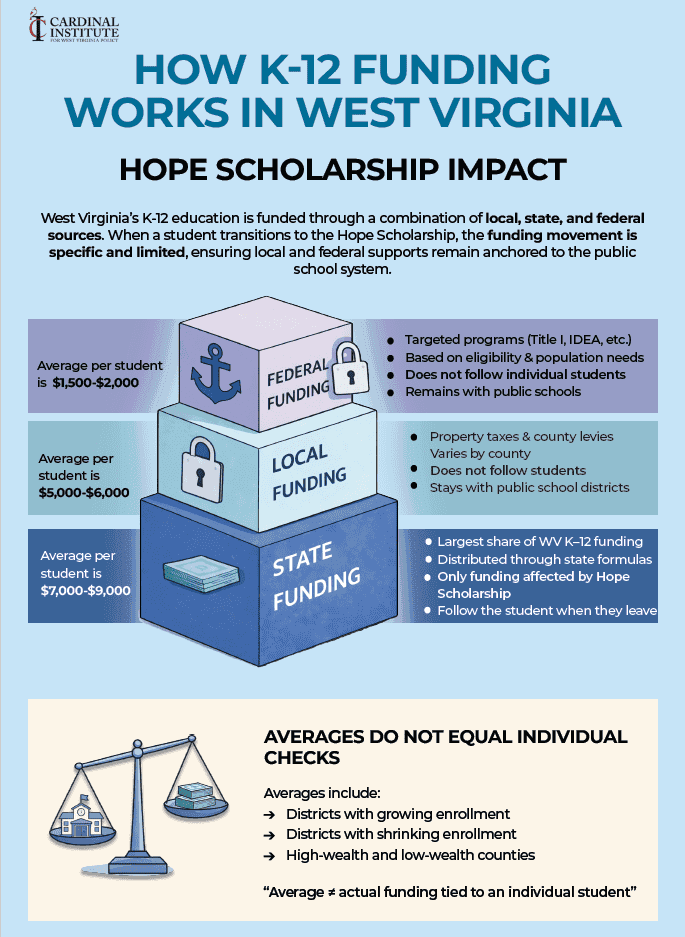
Flaws in the Education System
The Challenges Of The Public Education System
It’s difficult to overstate the challenge of thinking critically about the public education system — mainly because we love teachers. And let’s be honest, cognitive dissonance plays a role too. After all, most of us went to and sent our children to public schools. Thinking critically would put most of us seriously out of alignment. I know this firsthand, because I went through that process.
Like many other teachers, I worked inside schools, hoping against the odds that my efforts would make a difference. Truthfully, I think they did. I have been the incredibly fortunate recipient of emails and messages from former students who said that I made a difference for them. That said, I am under no delusions about where the problems lie.
The challenges in public schools are not about teachers, who are indeed wonderful, self-sacrificing people. They are trapped in a broken system right alongside our kids. If you know a teacher, you know it’s not a job anyone does for fame and glory. But good intentions alone can’t fix a flawed system.
And the flaws are many, but here is a sampling:
Teachers Are Expected To Work Miracles
First, teachers receive students who are two, three, and four years behind in reading and mathematics but are still expected to teach grade-level material. How, then, should teachers determine mastery? How, then, should he or she issue grades fairly? This has many implications, notably that student grades and graduation rates do not accurately represent student performance.
Moreover, discipline inside public schools is out of control. Students are not held to a standard of behavior by the school system, at least not one the average person would agree to. Worse, schools self-report discipline, so they are incentivized to underreport discipline issues. Out-of-school suspensions and expulsions are all but unheard of. They wouldn’t make the district look very good now, would they? So where are all the unruly, ungovernable students sent after they’ve mistreated other students and their teachers? Right back to class, with a warning.
Is it any wonder we’re experiencing a national teacher shortage? Our educators are suffering in a system that requires them to continue to grin and bear it, over and over again, year after year.
Parents Are Dissatisfied With The Education System
And what of the families they serve? In short, they aren’t happy either. In a recent survey by 50CAN, the results indicate that parents are generally dissatisfied and would prefer an alternative to their current educational situation. Interestingly, many do not compare their schools to others — why would they, if they feel they have no choice?
They are also reporting that they are not at all familiar with how budget decisions are made at their school. Transparency is a real problem; the public doesn’t have a clear picture of performance or discipline. And you can add to that list that they are frequently kept in the dark about curriculum and instructional materials and most certainly do have the wherewithal to attempt to understand district budgets, convoluted as they are.
YouTube is awash with school board meeting recordings of parents demanding to know what curriculum is being taught in their schools, what books are being placed in school libraries, and what professional development is being purchased for teachers. Why do they have to show up at school board meetings to get this information? Should the schools not be willing to freely share it with those they serve, those whose tax dollars the entire enterprise relies on?
The Way We’ve Always Done It Isn’t Working
These survey results do not implicate teachers, on the contrary, they implicate “the way we’ve always done it.” This is especially painful for West Virginians, given that our state recently placed at the bottom in the National Assessment of Educational Progress (NAEP). Even though we’ve been spending more on education than ever, outcomes remain stagnant, and our population is shrinking.
Continuing to throw money at the very same education system that has repeatedly failed to produce results, driven away teachers in droves, and is actively hiding information from parents is madness. Why should public schools be held to a different standard than any other organization?
If you were a shareholder in a corporation and you were told over and over again that the company you invested in was operating at a loss, but all they needed was more money to straighten things out, where would you draw the line? At what point would you demand to see inside and have a look at the business model yourself? When would you demand to see the books and be educated on precisely where your dollars were invested?
Teachers are stressed beyond belief, and families are dissatisfied and want better options because they lack confidence that their students are graduating with the necessary preparation to enter college or the workforce. And no one can figure out exactly how the billions in taxpayer dollars are being spent.
The current state of affairs is clearly not ideal, so what now? We must stop fooling ourselves and admit that this way of doing education isn’t working. We must overcome our cognitive dissonance and accept the reality we find ourselves in.
School Choice Can Help
It’s time to lean into competition. Milton Friedman, the father of the school choice movement, argued that public funding should follow the student. This, he argued, would foster competition, break the monopoly of government-run schools, and improve quality and efficiency. When schools compete for students, they have to innovate and improve, offering better education at a lower cost.
You’ve been waiting for the good news. We’re not stuck. In fact, we’ve already taken a huge step in the right direction.
West Virginia already has what Milton Friedman would consider the greatest force for choice, Education Savings Accounts. ESAs allow parents to put private and public schools in direct competition with each other. Families can also use ESAs for homeschooling, tutoring, specialized services, and homeschool supplies.
According to a report by the Reason Foundation, West Virginia got an A for its open enrollment laws, landing in the top 5. Although barriers remain, we are steadily building a more competitive educational market.
But we can do more. It’s time to lift the charter school cap to allow for even more innovation. States with established charters offer specialized models for student learning — STEM programs, performing arts schools, JROTC academies, and career-prep tracks in fields like nursing and multimedia. Expanding virtual charter schools would also help students in rural areas, where there are fewer educational options.
They can also provide a life raft for rural communities suffering from the losses of school consolidation, as in the case of Sugar Valley Rural Charter School in Loganton, PA. It revitalized the local community by providing a quality education option close to home. West Virginia communities deserve the same opportunity.
Building A Better Education System Helps Students And Teachers
Best of all, this isn’t just good for students — it’s good for teachers too. A competitive education market means more schools and more teaching jobs. Teachers will have options to find the right fit for their professional skills and passions, just as families will have options to find the right fit for their children.
The path forward is clear. We can build a system that works—for students, parents, and teachers alike. All it takes is the courage to embrace competition, unleash innovation, and trust that better solutions will follow.








